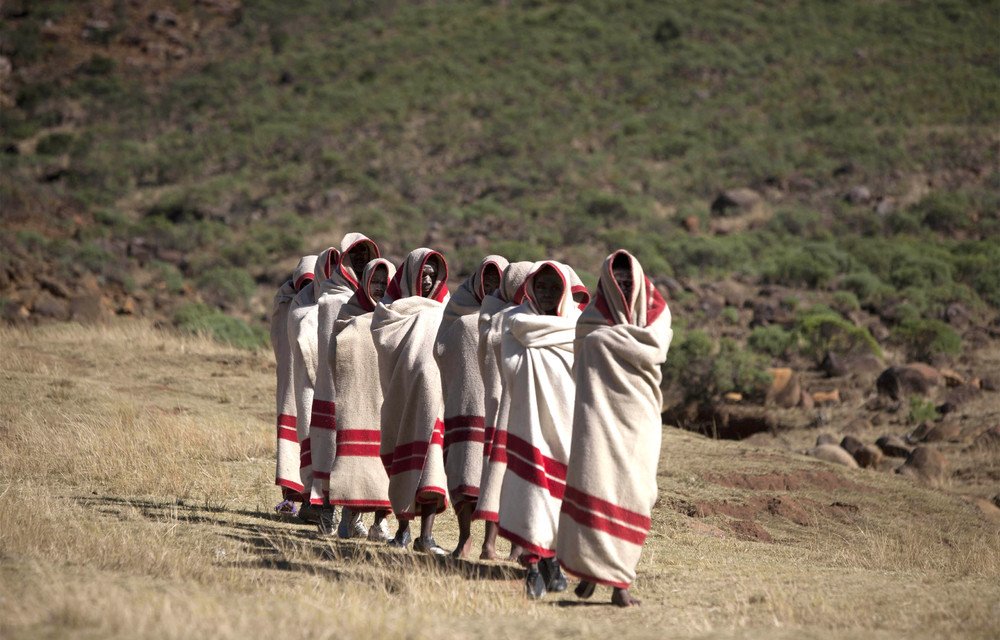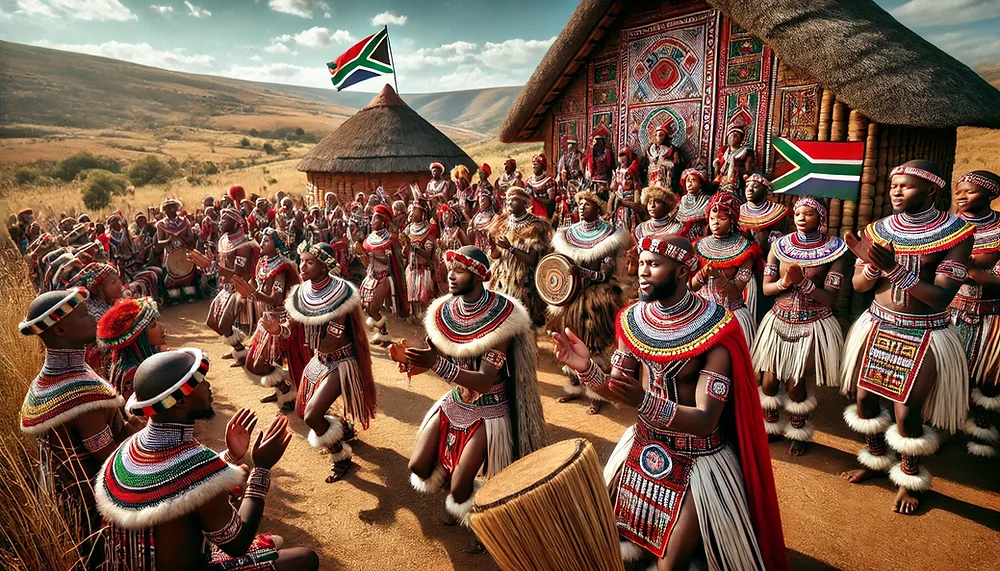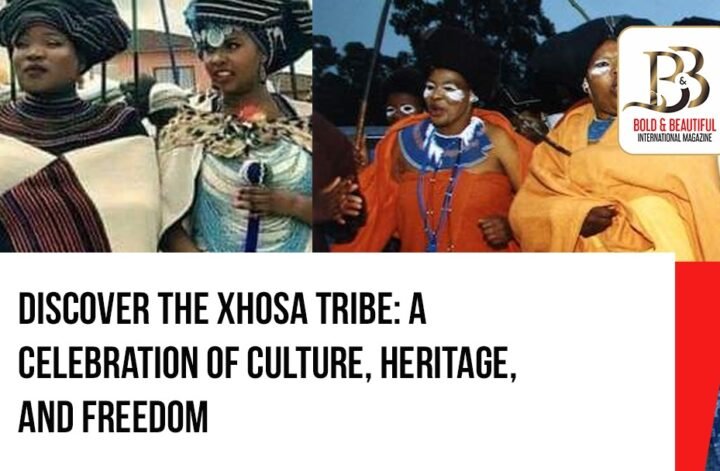The Xhosa people, South Africa’s second-largest ethnic group, are a vibrant and integral part of the nation’s cultural landscape. Centered in the Eastern and Western Cape regions, the Xhosa heritage is a testament to endurance, innovation, and connection to the land. Their history stretches back centuries, weaving a fascinating narrative of migration, adaptation, and cultural expression.

Believed to have settled in the Eastern Cape as early as the 7th century, the AmaXhosa are descendants of the Nguni people who migrated southward from the Great Lakes region of East Africa. Along their journey, they encountered and integrated with the San and Khoisan, adopting elements of their languages and traditions. This blending gave rise to their name, Xhosa, derived from a Khoisan word meaning “angry men.”

Tshawe, the first paramount chief, is regarded as the progenitor of all Xhosa people. Under his leadership, the Xhosa developed a society that thrived on cattle farming and agriculture. Cattle, a symbol of wealth and status, were central to their economy and spiritual practices, serving as offerings to ancestors and determining bride price in marriage negotiations. Spirituality is deeply embedded in Xhosa life. Their belief system honors a Supreme Being, uThixo or uQamata, with ancestors acting as intermediaries. Through ritual sacrifices, dreams, and ceremonies, the Xhosa maintain a profound connection to their past and seek guidance for their future. Initiation rites, feasts, and health-centered rituals continue to shape their communal identity.

The Xhosa are celebrated for their distinctive customs and attire. Traditional dress varies by gender and age, with unmarried women draping wraps across their shoulders, while men often don animal skins. One of the most iconic Xhosa symbols is the red ochre-dyed blanket, earning them the nickname “Red Blanket People.” The Xhosa language, isiXhosa, is equally unique. As a tonal language enriched by clicks borrowed from Khoekhoe, it exemplifies the group’s linguistic ingenuity. Around 15% of its vocabulary pays homage to the Khoisan influence, a nod to their historical interactions.

The Xhosa people have been pivotal in shaping South Africa’s history, especially during the apartheid era. Icons like Nelson Mandela, Desmond Tutu, and Oliver Tambo emerged from Xhosa communities, leading the fight for equality and justice. Their legacies endure, inspiring generations to embrace resilience and hope. Today, Xhosa traditions thrive through art, music, and storytelling. Travelers to the Eastern Cape encounter picturesque Xhosa-style huts, young initiates wrapped in blankets with ochre-painted faces, and the warm hospitality of a people proud of their heritage.




